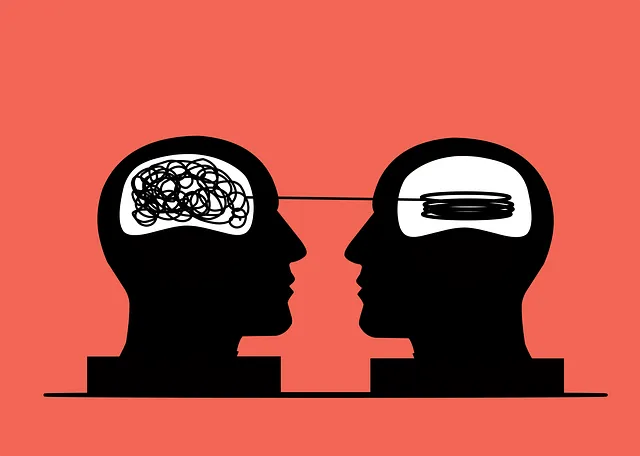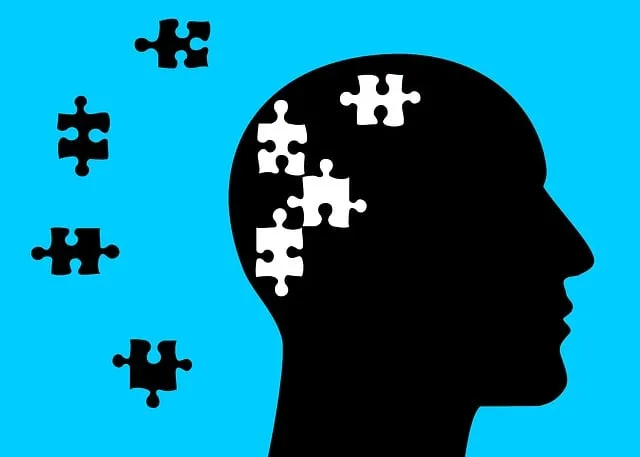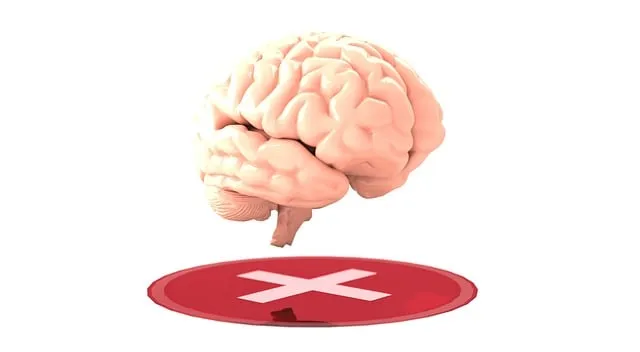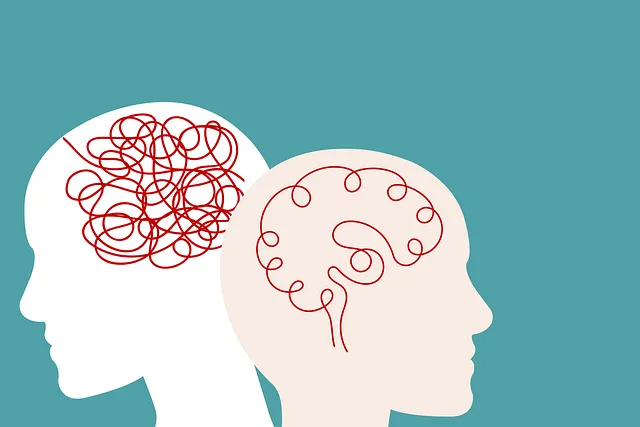The Lafayette Kaiser Permanente Mental Health Access Center employs a comprehensive strategy to raise public awareness about mental wellness, focusing on tailored messaging and diverse community engagement. They segment audiences based on unique needs, leveraging Mind Over Matter Principles to empower individuals with emotional healing tools. This center utilizes demographic analysis for targeted campaigns, combining traditional media, digital platforms, and community events to maximize reach. Engaging content, including personal narratives and interactive workshops, inspires hope and equips individuals with stress management skills. By evaluating the impact of these campaigns on community well-being, they ensure improved mental health care accessibility through Lafayette Kaiser Permanente centers.
Public awareness campaigns play a pivotal role in promoting mental health, especially within communities like that served by the Lafayette Kaiser Permanente Mental Health Access Center. This article explores the multifaceted process of creating impactful initiatives, from understanding community needs and identifying target audiences to designing effective messaging, choosing appropriate communication channels, developing engaging content, and measuring success. By examining these key components, we can enhance mental health care accessibility at the Lafayette Kaiser Permanente center and beyond.
- Understanding Community Needs: Identifying Target Audiences for Mental Health Campaigns at the Lafayette Kaiser Permanente Center
- Designing Effective Messaging: Crafting Clear and Compelling Communication Strategies for Different Demographic Groups
- Choosing Appropriate Channels: Utilizing Traditional Media, Digital Platforms, and Community Events for Maximum Reach
- Developing Engaging Content: Stories, Testimonials, and Interactive Tools to Promote Mental Wellbeing Access
- Measuring Success and Impact: Evaluating the Effectiveness of Public Awareness Campaigns and Their Contribution to Mental Health Care Availability
Understanding Community Needs: Identifying Target Audiences for Mental Health Campaigns at the Lafayette Kaiser Permanente Center

At the Lafayette Kaiser Permanente Mental Health Access Center, understanding community needs is paramount to designing effective public awareness campaigns. By identifying and segmenting target audiences, the center ensures that its initiatives resonate with individuals from diverse backgrounds and unique mental health challenges. This tailored approach leverages the Mind Over Matter Principles to empower communities with the knowledge and tools needed for emotional healing processes and inner strength development.
Center staff conduct thorough research to pinpoint specific demographics within the local area that may be more susceptible to mental health issues, such as adolescents facing academic pressures or seniors experiencing loneliness. This demographic analysis guides the creation of targeted campaigns that address relevant concerns, fostering a culture where mental wellness is prioritized. Through this strategic focus, the Lafayette Kaiser Permanente center aims to enhance access to care and promote holistic well-being throughout the community.
Designing Effective Messaging: Crafting Clear and Compelling Communication Strategies for Different Demographic Groups

Designing effective messaging is a cornerstone of successful public awareness campaigns, especially when aiming to reach diverse demographic groups, like those served by the Lafayette Kaiser Permanente Mental Health Access Center. To ensure your message resonates with each unique audience, consider tailoring communication strategies based on age, cultural background, and personal interests. For instance, engaging visuals and relatable language can capture the attention of younger generations while a more nuanced approach, highlighting accessibility and inclusivity, might be necessary for older adults.
The Lafayette Kaiser Permanente Mental Health Access Center can leverage this strategy by offering tailored resources. A Mental Wellness Journaling Exercise Guidance designed for teenagers could focus on peer connections and social media as entry points for discussing mental health. In contrast, a Conflict Resolution Techniques workshop for working professionals might emphasize the importance of these skills in the workplace. Even providing Healthcare Provider Cultural Competency Training can help bridge communication gaps between healthcare providers and diverse patient populations, fostering better access to care.
Choosing Appropriate Channels: Utilizing Traditional Media, Digital Platforms, and Community Events for Maximum Reach

In crafting public awareness campaigns for mental health initiatives like the Lafayette Kaiser Permanente access center, strategic channel selection is key to maximizing reach and impact. Traditional media, such as local newspapers and radio stations, remains a reliable tool for delivering essential information to diverse demographics. Digital platforms, including social media and dedicated online forums, offer unparalleled opportunities for real-time interaction and targeted messaging, especially among younger audiences.
Community events pose another potent avenue for engagement. Organizing workshops, seminars, and wellness fairs not only raises awareness about mental health issues but also fosters a sense of community around emotional well-being promotion techniques. These multifaceted approaches, encompassing both traditional and modern methods, can effectively combat burnout prevention and stress management challenges, ultimately enriching the lives of those within the Lafayette Kaiser Permanente service area.
Developing Engaging Content: Stories, Testimonials, and Interactive Tools to Promote Mental Wellbeing Access

Developing engaging content is a key strategy in public awareness campaigns aimed at promoting mental wellbeing access, such as those offered by Lafayette Kaiser Permanente mental health access centers. Crafting compelling narratives and leveraging powerful testimonials from individuals who have successfully navigated challenges can humanize complex issues and foster empathy among audiences. Sharing personal stories of resilience and recovery not only educates but also inspires hope, encouraging others to seek help when needed.
Interactive tools, such as online resources, workshops, or even virtual reality simulations, further enhance engagement by providing practical guidance on crisis intervention techniques like mindfulness meditation. These tools empower individuals with skills to manage stress and emotional distress, while also equipping mental health professionals with crucial resources for risk assessment and early intervention. By integrating these diverse elements, public awareness campaigns can effectively raise awareness about mental health issues and encourage proactive measures towards improved access to care.
Measuring Success and Impact: Evaluating the Effectiveness of Public Awareness Campaigns and Their Contribution to Mental Health Care Availability

Public awareness campaigns play a pivotal role in shaping societal attitudes and behaviors, especially regarding sensitive issues like mental health. Measuring their success goes beyond mere participation; it involves assessing the tangible impact on community well-being. For instance, Lafayette Kaiser Permanente mental health access centers have witnessed increased footfall and improved accessibility to care following targeted campaigns that emphasize emotional regulation and empathy building strategies.
These initiatives often incorporate self-awareness exercises designed to foster open conversations about mental health challenges. By evaluating the reach, engagement, and long-term behavioral changes induced by such campaigns, stakeholders can gauge their effectiveness. Such assessments are crucial for optimizing resources, refining strategies, and ultimately ensuring that public awareness efforts translate into enhanced mental health care availability and better support systems within communities.
Public awareness campaigns play a pivotal role in enhancing mental health access at the Lafayette Kaiser Permanente Center. By understanding community needs, designing tailored messaging for diverse audiences, and leveraging multiple communication channels, these initiatives can significantly increase awareness and reduce stigma. Engaging content that resonates with individuals fosters open conversations and encourages help-seeking behaviors. Measuring campaign impact is crucial to inform future strategies and ensure continuous improvement in mental health care availability at the center.




